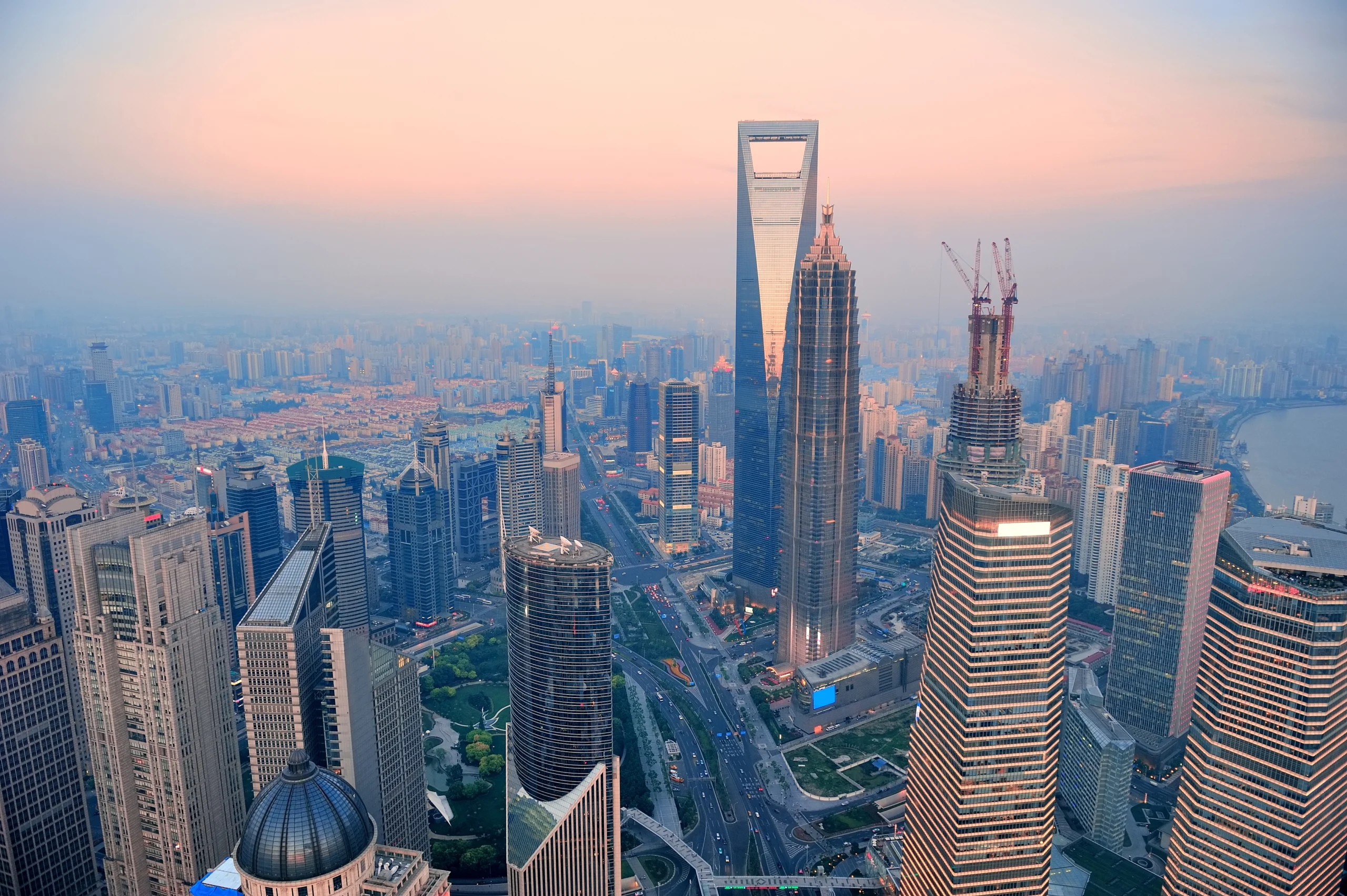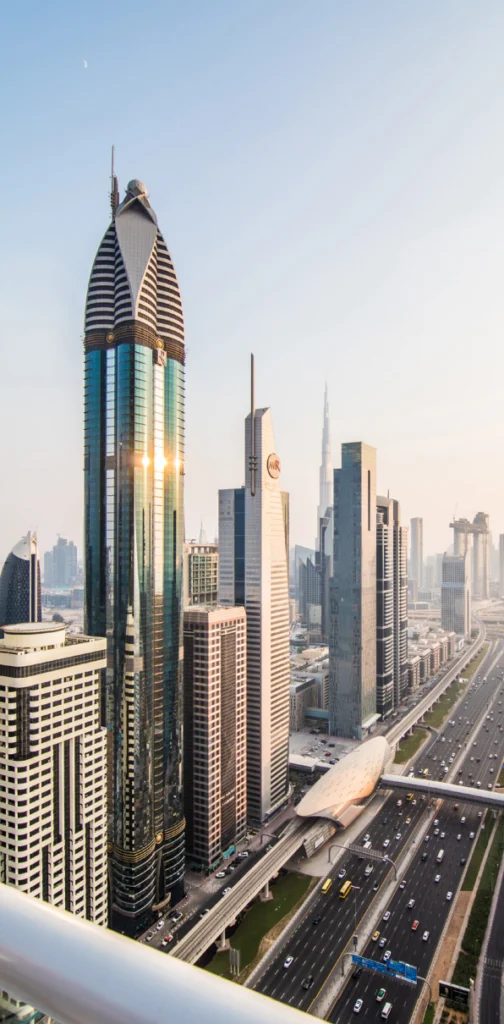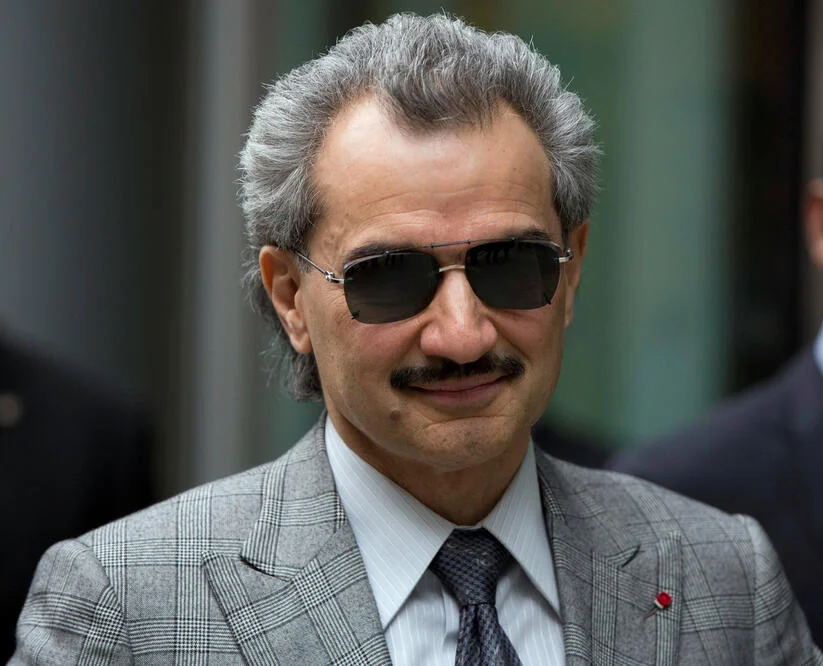Dubai vs Riyadh
The Rise of the Middle East as a Global Investment Hub
By Marina Ezzat Alfred

Bathed in Arabian sun, Dubai and Riyadh are in a dazzling race to reshape the world of global finance. Dubai, often dubbed the “City of Gold”, and Riyadh, Saudi Arabia’s dynamic capital, are leading a bold transformation in the Middle East. Their striking skylines, visionary leadership, and sweeping economic reforms aren’t just signs of rivalry, they’re redefining the region’s global narrative.
Though close on the map, Dubai and Riyadh have long stood apart in their histories and ambitions. Dubai is a beacon of luxury, innovation, and global connectivity. Its journey from a modest fishing village to a world-renowned business hub is the stuff of legends. In contrast, Riyadh carries the weight of centuries, rooted in tradition and once deeply reliant on oil. But that’s changing fast. Under Saudi Arabia’s Vision 2030, Riyadh is reinventing itself, shedding its conservative image and embracing a future filled with diversity, modernity, and ambition.
The competition between these two cities isn’t hostile, it’s driven by determination. Each city is pushing to become the Middle East’s ultimate magnet for global investment, using distinct strategies that mirror their unique characters.
Dubai’s rise was no accident. As early as the 1990s, its leaders made a bold move, shifting away from oil dependency and building an economy centered on trade, tourism, and finance. The results are staggering. Today, Dubai is home to the world’s busiest airport for international travelers, iconic landmarks like the Burj Khalifa, and thriving free zones that attract companies from across the globe.
Its appeal lies in its openness, business-friendly policies, zero income tax, and an enviable quality of life. The Dubai International Financial Centre (DIFC), housing over 4,000 companies, stands as a testament to this strategy, acting as a crucial bridge between East and West. Tourism, too, has played a central role in Dubai’s success, with attractions like Palm Jumeirah and Burj Al Arab drawing millions. In 2022 alone, over 14 million international tourists visited the city.
And the innovation doesn’t stop. Dubai is diving into future-focused technologies like AI, blockchain, and clean energy. Ambitious plans like the Dubai 2040 Urban Master Plan aim to position it as one of the world’s most sustainable and livable cities.
While Dubai has been enjoying the spotlight for years, Riyadh is rapidly stepping up. With Crown Prince Mohammed bin Salman’s Vision 2030 at the helm, the city is undergoing a stunning transformation. Massive investments are pouring into groundbreaking projects like the King Abdullah Financial District, a futuristic business zone meant to rival Dubai’s DIFC. Historic redevelopment projects like Diriyah Gate blend Saudi heritage with luxury, while Qiddiya is set to be an entertainment capital on par with Disneyland.
At the heart of Riyadh’s rise is the Saudi Public Investment Fund (PIF), one of the world’s largest sovereign wealth funds with over $700 billion in assets. It’s powering everything from global tech investments to NEOM, a $500 billion futuristic city redefining urban living.
What sets Riyadh apart is its scale and newfound openness. Reforms have swept through society, women now drive, cinemas have reopened, and the city is hosting global events like Formula E and international music festivals. It’s becoming more vibrant, inclusive, and welcoming to international talent and business.
So, which city is the better bet for investors? It depends on what they’re looking for. Dubai offers stability, world-class infrastructure, and a proven track record. Its free zones and connectivity make it a perfect launchpad for regional operations. Plus, it’s buzzing with innovation and a thriving startup scene.

Riyadh, meanwhile, presents a high-risk, high-reward scenario. It’s still in the early stages of its transformation, offering enormous growth potential. Backed by immense financial resources and ambitious plans, Riyadh is quickly emerging as a serious contender in global finance and business.
Yet this isn’t a win-lose scenario. Dubai and Riyadh don’t cancel each other out, they complement each other. As the Middle East rises in global relevance, both cities are driving its emergence as an investment powerhouse. Their unique strengths, Dubai’s openness and innovation, Riyadh’s scale and ambition, are pushing the region into the global spotlight.
The transformation unfolding in Dubai and Riyadh signals that the Middle East is no longer just part of the global economy, it’s becoming one of its central pillars. Investors face an exciting choice, Dubai, the established success story, or Riyadh, the bold frontier filled with opportunity. But this isn’t just about two cities, it’s about an entire region reinventing itself.
The Middle East is stepping onto the world stage with confidence. Whether you’re drawn to Dubai’s polished brilliance or Riyadh’s rising power, one thing is certain, the future of global investment has found a new home in the Arabian sands.



